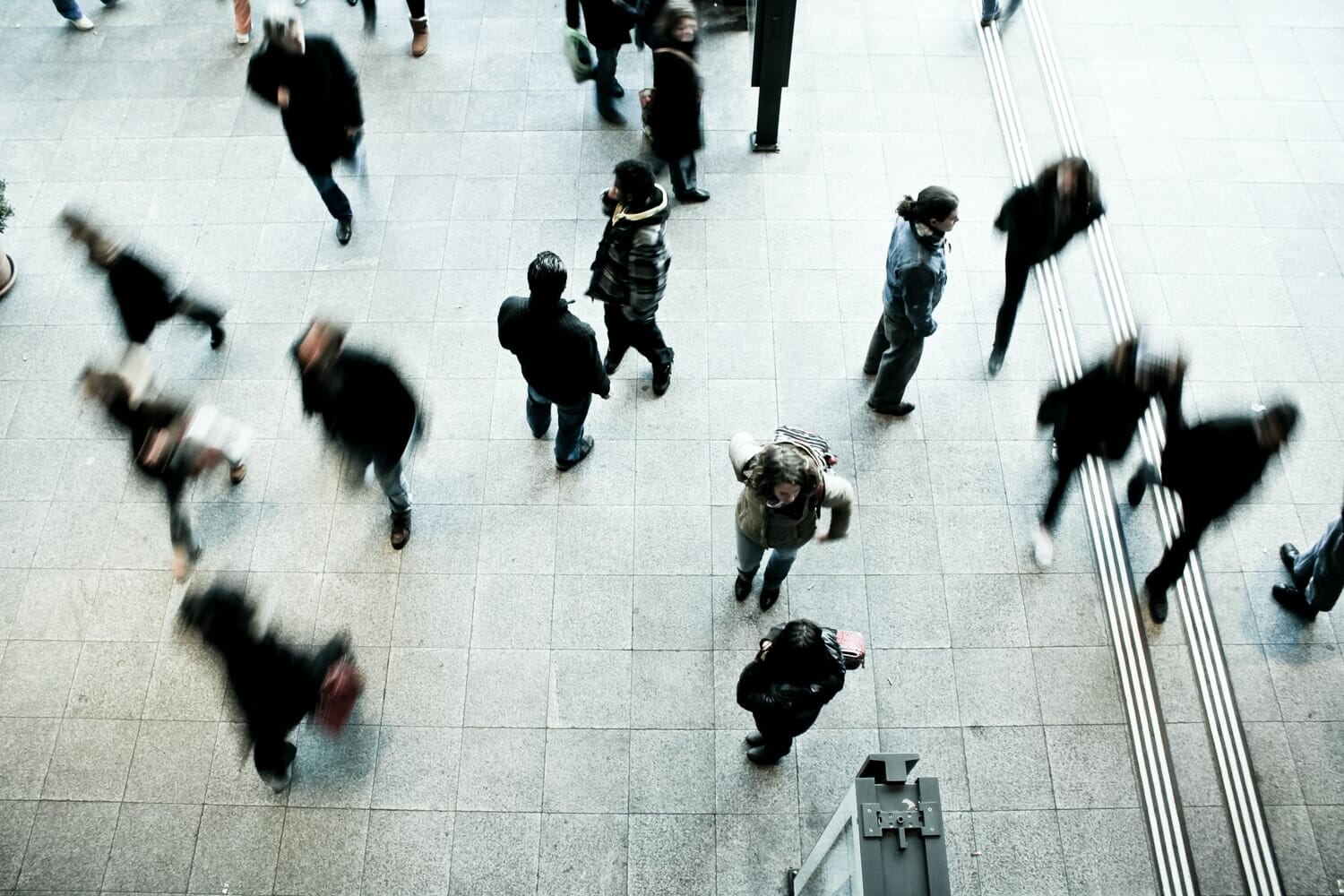Gun violence continues to weave a catastrophic path throughout this country. The mass shooting tragedies that occurred in the last month in Boulder and Atlanta are a stark reminder that preventing gun violence should continue to remain top of mind. Despite widespread closures of schools and businesses, the mental and emotional burdens of the COVID-19 pandemic led to record levels of deaths due to gun violence throughout 2020.
As states begin to lift social distancing safety measures, we anticipate that active shooting incidents will likely rise again to the forefront of the news cycle. FBI statistics of active shooter incidents (occurring from 2000 to 2018) reveal businesses open to pedestrian traffic are a prime target for gun violence, with more incidents occurring in commerce areas than in any other location. With public access to vaccines now underway, businesses must revisit their duty of care obligations to mitigate the risk of violence against employees and customers as much as possible.
What is Duty of Care?
All publically accessible properties are legally bound to a duty of care, which Law.com defines as “a requirement that a person act toward others and the public with the watchfulness, attention, caution, and prudence that a reasonable person in the circumstances would use.” Everyday examples of duty of care include placing wet floor signs to notify people of slip and fall hazards, installing CCTV surveillance monitors, or conducting a risk assessment of defective or unsafe conditions on a property.
From a legal perspective, ignoring one’s duty of care obligations poses a significant risk for a negligence lawsuit – but businesses must consider their duty of care, beyond the legal scope, and as a moral responsibility to their employees and patrons. While there is no wet-floor sign to prevent gun violence in a business or a school, there are still proactive steps that organizations can take so that people – whether it’s employees, students or visitors are as well cared for as possible.
What Duty of Care Looks Like in 2021
In an era where digital gun detection software is widely accessible, failing to upgrade one’s security frameworks could constitute a duty of care breach. Over the last decade, security technologies have become more advanced, and technologies like biometric scanning or AI weapons detection solutions like ZeroEyes are designed to offer proactive security measures. Businesses should no longer be satisfied with relying on outdated systems that reactively respond to threats after an active shooter incident occurs. To provide the best duty of care in 2021, businesses must use modern technologies that can intervene faster and intercede before violence occurs.

